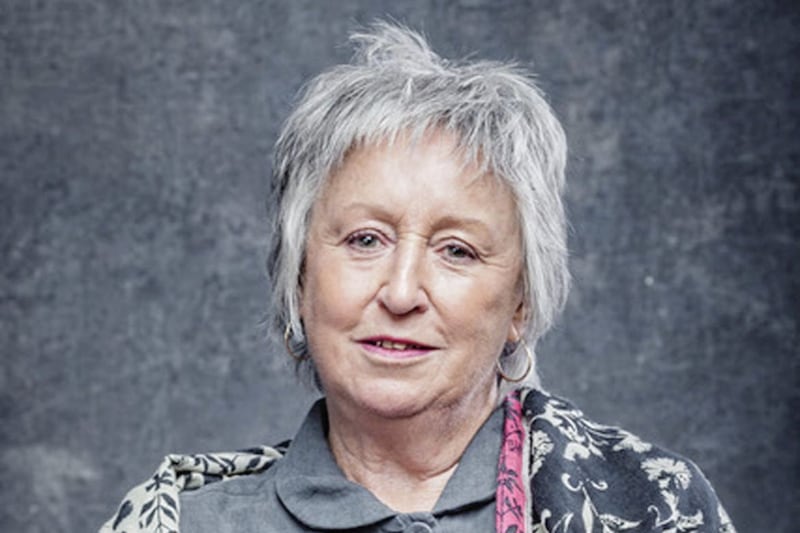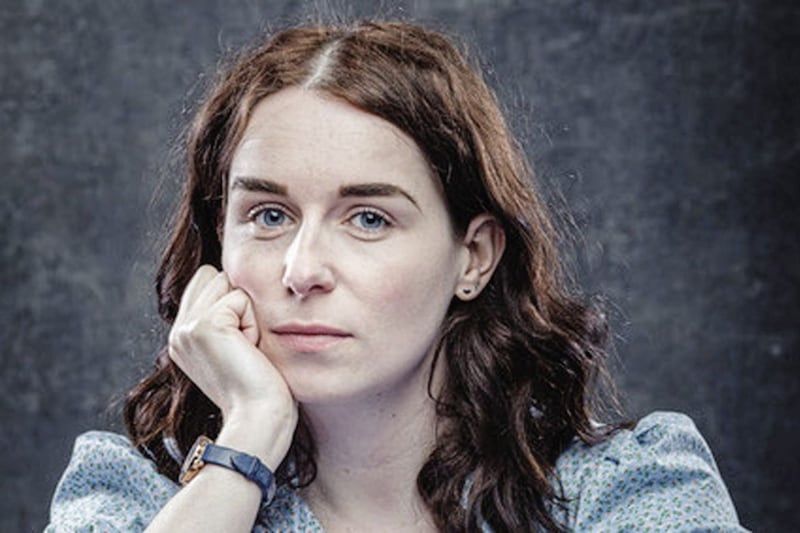REVIEW
Both Sides by Jane Coyle
The Dark Horse
Belfast
THE Dark Horse is a pub in Belfast's Cathedral Quarter – wood walls, tiled floor, comfy red plush chairs. But the music is French and we are in Paris. A young woman (Hannah Coyle) sits alone, a cup of coffee on the table, a single candle burns. There’s a hush and the girl starts to speak.
She’s homeless wearing a coat too big, probably from a local flea market, jeans and red trainers. She’s observing the people who pass the cafe, the three old men under the cherry tree, Mr Shapiro working in the window of his fashion shop, the mother in the doorway with her children relying on his kindness for something to eat. The Parisian street comes alive as she talks.
Then comes the elegant women, a woman the girl seems to identify with and admire but when the wind blows against her coat it flaps open and the woman isn’t what she seems; she has a dirty nightdress on below and her make-up is caked.
Because this is part of the Cathedral Quarter Festival, there’s a lot of noise in the cobbled street outside the Dark Horse – music, people coming in and out – but it just makes the whole scene more authentic. We were engaging with this sad young woman alone and abandoned in Paris.
The spotlight then swings to the bar where an older woman (Libby Smyth) sits. She turns round, well preserved, bright red lipstick, hair piled on top of her head; her stage name is Estelle but she’s really Winnie from Belfast.
She talks of her bohemian life in Paris, moving to Nice, having a child and eventually wanting to bring the girl home to Belfast but on the way to the station she meets a man and loses sight of her child.
The connection between the two women becomes obvious to us but they are never destined to meet, each regretting the loss of the other.
Insightful writing and sensitive acting are much in evidence in this premiere performance of Belfast playwright Jane Coyle's new drama.








